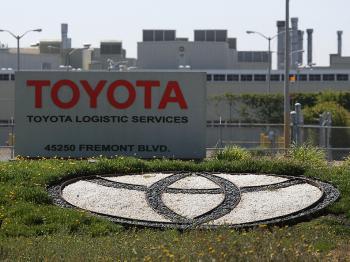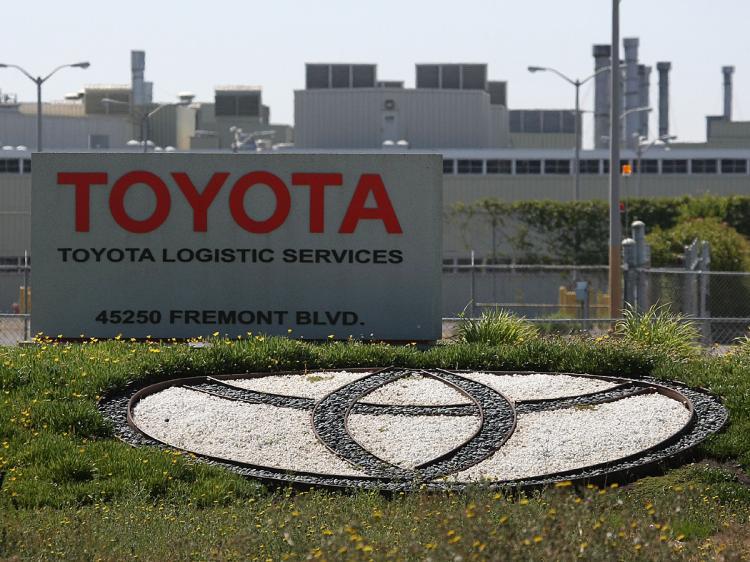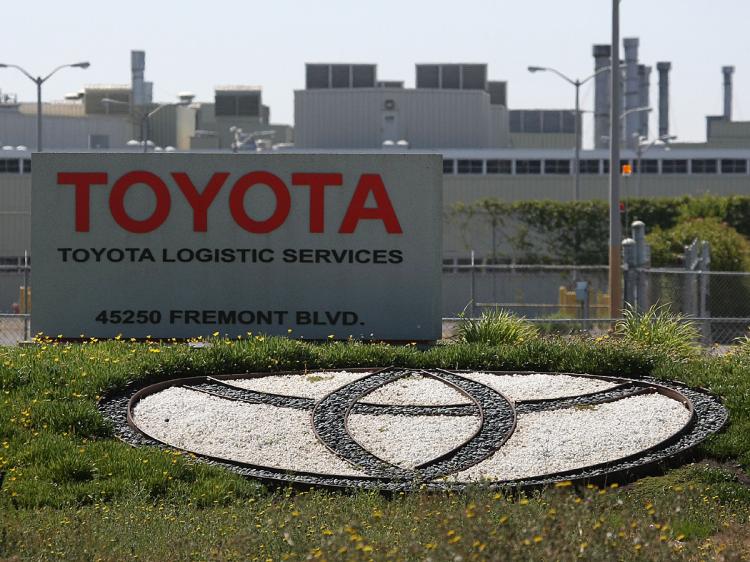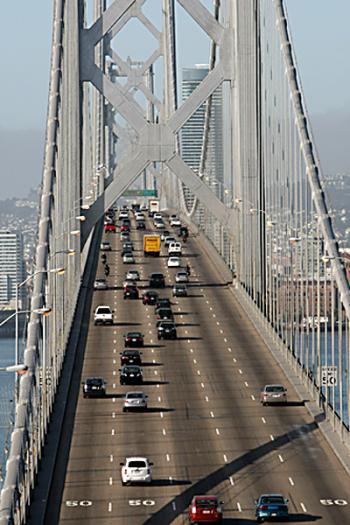Toyota May Abandon the Last Auto Plant in California
Toyota Motor Co. is likely to close its last remaining auto plant in California, a Japanese newspaper reported.

Toyota is considering a plan to dissolve its stake in the Nummi plant after General Motors pulled out of the joint venture last month. Nearly 4,500 workers may lose their jobs. Justin Sullivan/Getty Images
|Updated:





